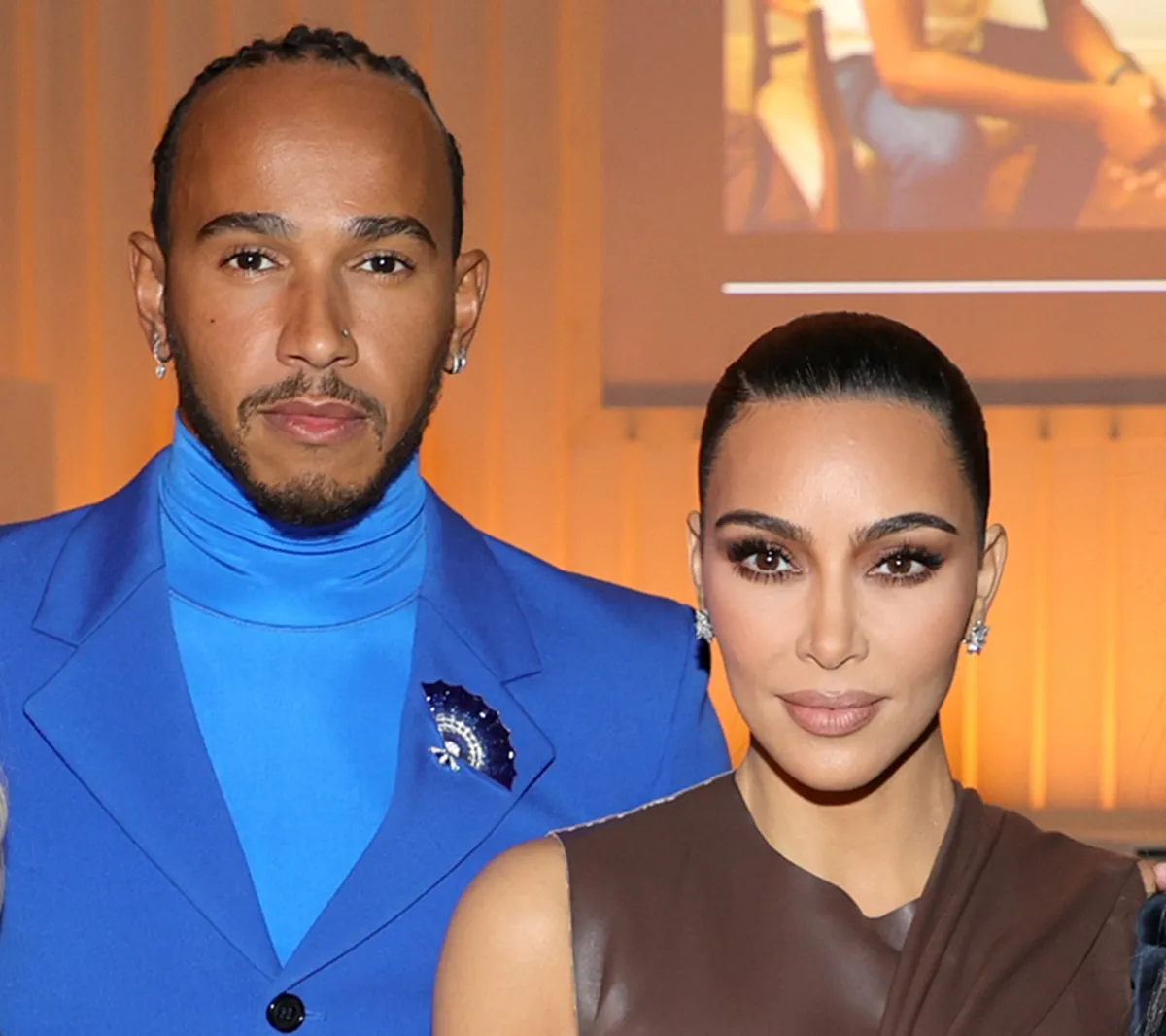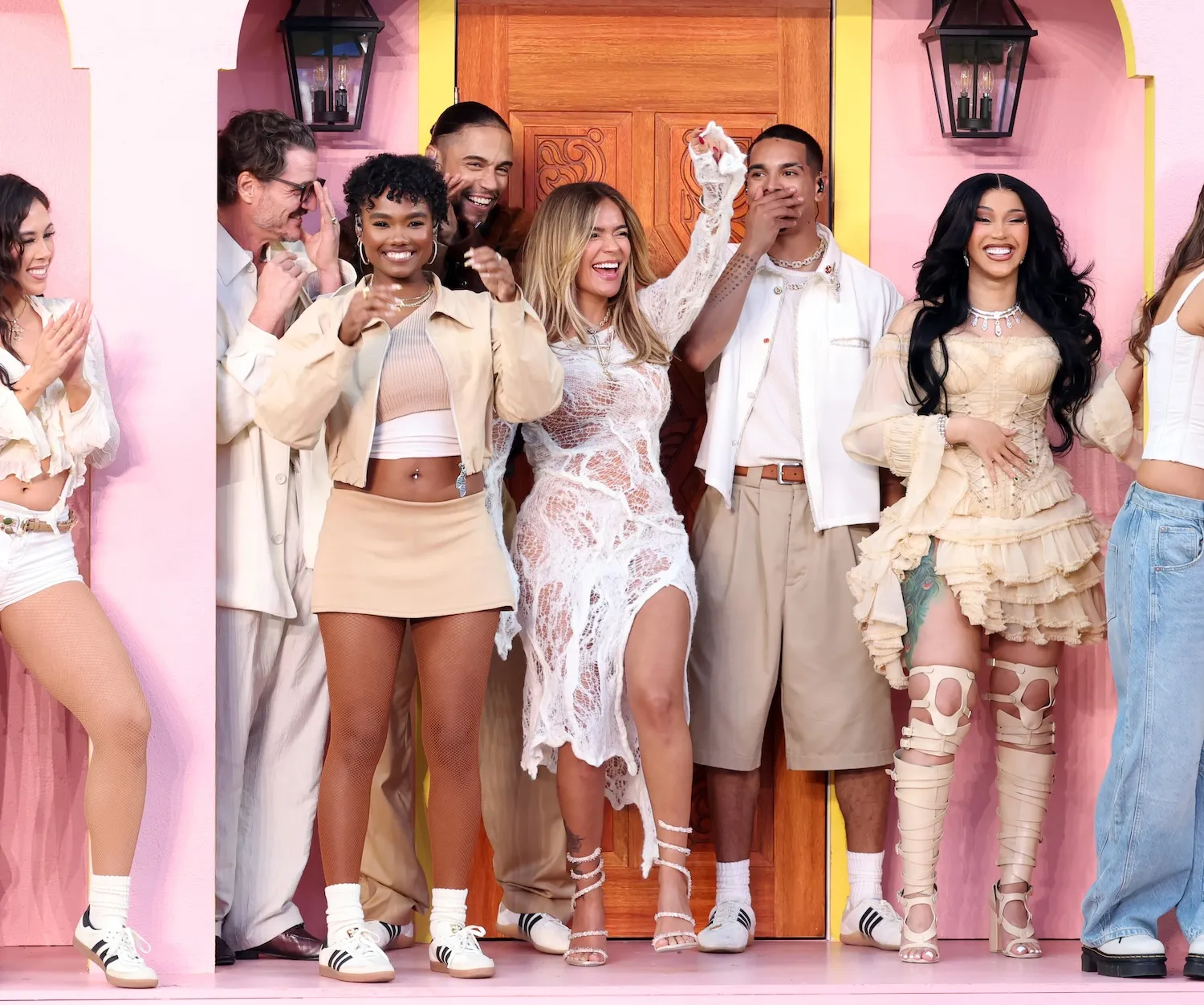‘Fresh Prince of Bel-Air’ Episode Featuring Will and Carlton Spotlighted Systemic Racism That Still Exists Today
Modern audiences can definitely tell that The Fresh Prince of Bel-Air is dated. Everything about it just screams the early 1990s: that hair, those clothes, even the font for the title.
Further marking the hit sitcom as something from another era is the fresh-faced Will Smith at the beginning of his acting career. Clearly, the star has gone on to become one of the most recognizable faces in Hollywood, starring in a range of films from dramas to comedies to action flicks.
One thing that isn’t dated about The Fresh Prince of Bel-Air, though, is its commentary on race relations in America. The show was considered groundbreaking when it aired, and the messages that it sent about race still resonate nearly three decades later.
‘The Fresh Prince of Bel-Air’ was groundbreaking

When The Fresh Prince of Bel-Air hit the living rooms in 1990, it was a groundbreaking move. The primarily-Black cast was noteworthy on its own, but it also tackled themes of racial tension and classism in a way that was rarely seen on network television.
While the show was definitely a comedy, there were plenty of heartfelt and serious moments. It was the way the show folded these deeper moments into the comedic mix that made it so noteworthy and kept it on the air — despite the constant risk of cancellation — for six seasons.
Today, the show remains popular and memorable. While many modern-day viewers may have nostalgic memories of the Carlton dance and not all the jokes have aged that well, the series remains a fan favorite. Re-runs have made the show relevant to a whole new generation of viewers, and some of the themes are definitely still resonating with this younger audience.
Race was a major factor in ‘Fresh Prince’
One of the reasons that The Fresh Prince continues to connect with modern audiences is because the situation portrayed is still recognizable. The premise for the show is that Will, played by Will Smith, is a “streetwise” Black teen from Philadelphia who gets sent to live with his affluent aunt, uncle, and cousins because his mother worries about his safety. The differences in access and opportunities between Will’s prior urban life and newfound suburban ones are still relevant.
In fact, Angie Thomas, the author of the famed The Hate U Give, used the show to help explain her protagonist’s struggle between two worlds. Star, the main character in the novel about police brutality and racism, lives in a struggling Black neighborhood but attends school in an affluent, mostly-white suburb.
She and her white boyfriend, who lives in the affluent suburb, bond over their shared love of The Fresh Prince and frequent references to it throughout the novel help modern-day readers understand that the issues the show explored are still present.
One ‘Fresh Prince’ episode stands out for racial commentary
The race and class divide in America serve as an undercurrent throughout the entire series, but occasionally the themes would be brought from the background to the foreground. In the sixth episode of Season 1, the show made direct commentary about racial profiling in the police force.
In the episode, Will and his nerdy cousin Carlton get pulled over when they’re lost in an unfamiliar neighborhood. As the sirens blare, Will — the streetwise kid who has likely had negative encounters with the police before — tells Carlton to keep his hands on the wheel.
Carlton, excited to have someone who can help them find their way, tries to shake hands with the officer and is shocked when he is treated with disdain. When the officer makes them get out of the car, Carlton looks confused, while Will immediately walks around the car with his hands up and throws himself over the hood, clearly waiting to be searched or detained. The pair is wrongly accused of theft and arrested.
The stark difference between Will and Carlton’s expectations point to their very different experiences with police officers, and it connects to the conversation rippling across the country about police brutality and racism embedded in the system.


